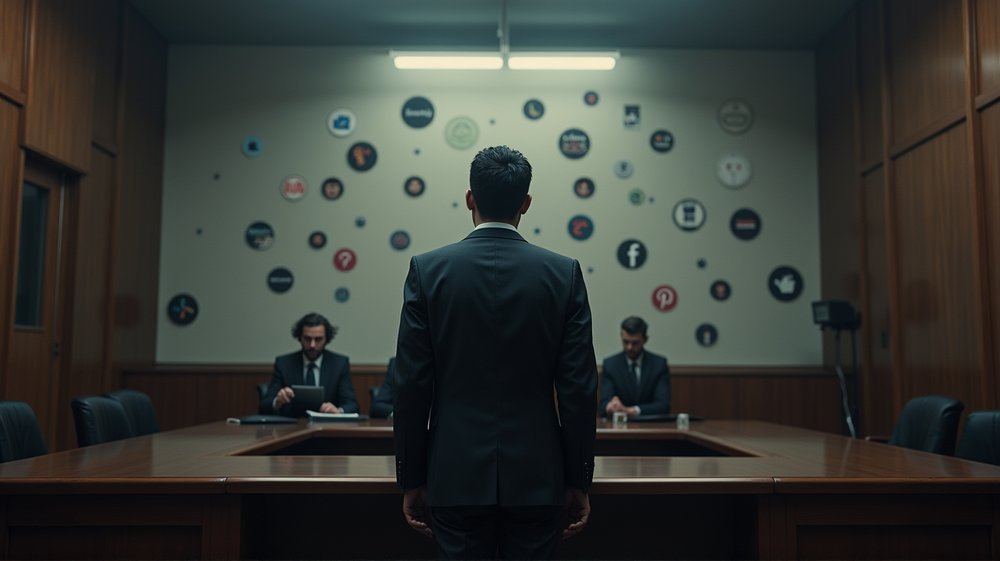Social Media Schemes: Chicago Man Found Guilty of Recruiting for ISIS
In a world where social media can amplify voices around the globe, it was in Chicago where a significant legal triumph took center stage. A 41-year-old local man, Ashraf Al Safoo, was convicted of using these platforms to recruit for ISIS, spotlighting the dark side of digital influence.
A Methodical Plan Unveiled
This conviction followed a meticulous bench trial held in the U.S. District Court in Chicago, which shed light on the extent of Al Safoo’s operations. He was convicted on numerous charges, including conspiracy to provide material support to a foreign terrorist organization and intentionally accessing protected computers without authorization. Prosecutors painted Al Safoo as a key player in the Khattab Media Foundation—an online organization committed to ISIS propaganda.
The Digital Propaganda Machine
As a leader within Khattab, Al Safoo was not just a passive supporter. He actively created and distributed pro-ISIS material, from videos to essays, spurring on violent jihad. His role? To sow confusion and terror—a mission that was unequivocally clear in his chilling social media instructions. As stated in WGN-TV, authorities remarked on his strategic use of digital platforms as a call to arms for lone wolf attacks in Western territories.
Vigilance in the Homeland
Andrew Boutros, United States Attorney for the Northern District of Illinois, highlighted this conviction as a critical win for public safety. “It stands as a testament to the vigilance of our prosecutors and law enforcement partners,” Boutros affirmed, expressing gratitude for their relentless pursuit to thwart nascent threats.
A Stern Sentence on the Horizon
Awaiting sentencing in October 2025, Al Safoo faces the harsh reality of a potentially lengthy stay in federal prison—with a maximum of 130 years behind bars. The message is resounding: those who promote terror through any medium face severe consequences.
This case serves as a stark reminder of the significant threats lurking in our interconnected age. The outcome demonstrates a vital continued effort to safeguard the nation against those who misuse the power of communication for dark agendas.




